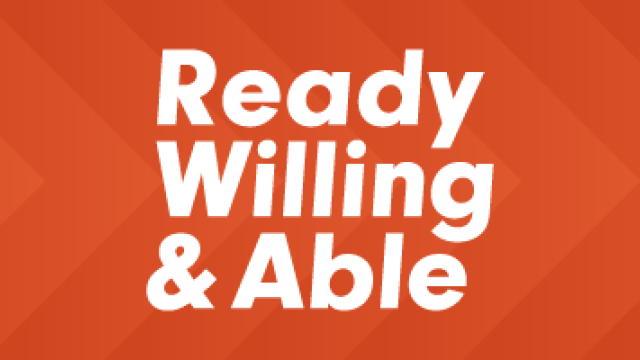Benefits and employment (easy read)
Easy read guide on how employment can affect your benefits.

You can still work and receive benefits.

Some types of benefits are affected by working and some are not.

The benefits that are not affected by working are:
• Personal Independence Payment (PIP)

The benefits that are affected by working are:
• Income support (IS)
• Jobseeker's Allowance (JSA)
• Employment and Support Allowance (ESA)
• Universal Credit (UC)
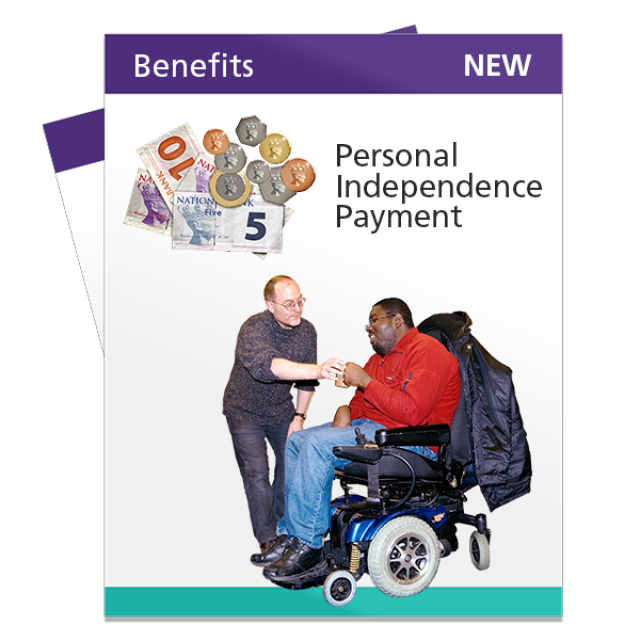
You can get Personal Independence Payment whether you’re working or not.

How much you earn will not affect your Personal Independence Payment.
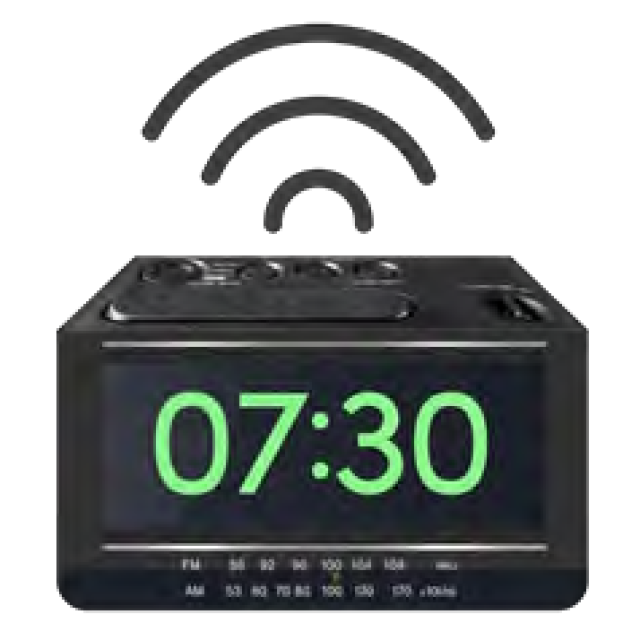
How many hours you work will not affect your Personal Independence Payment.
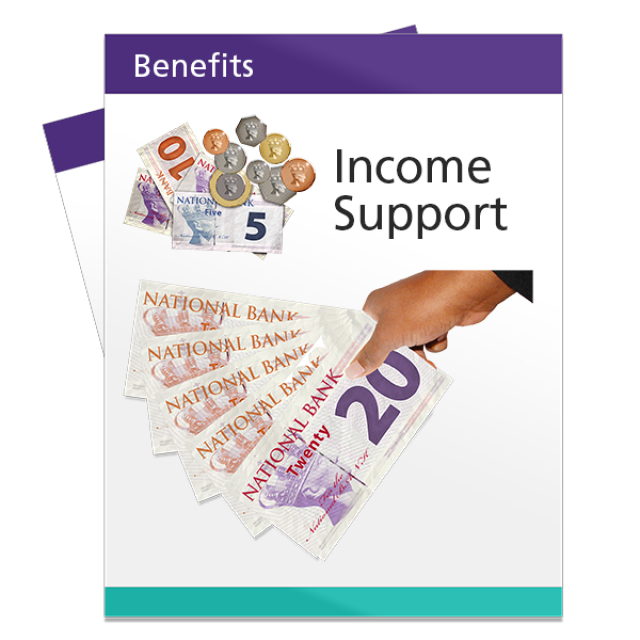
Income Support and Jobseeker’s Allowance are affected the same way.
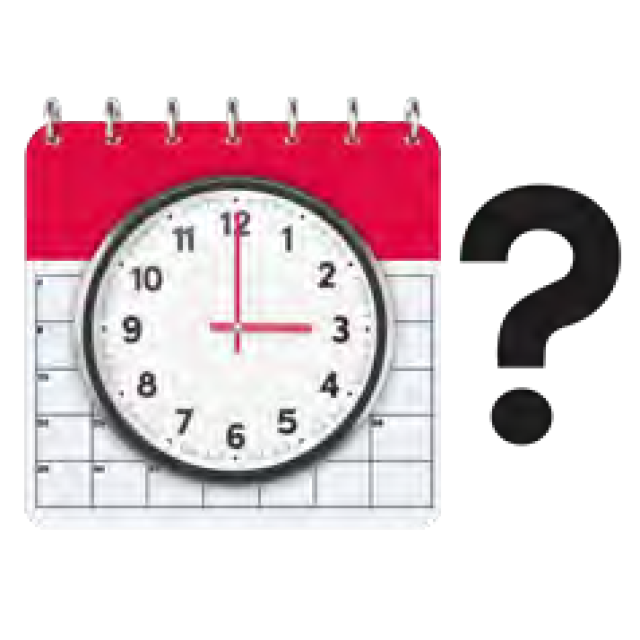
If you work less than 16 hours a week, you can still make a claim.

The amount you receive will depend on how much you earn.
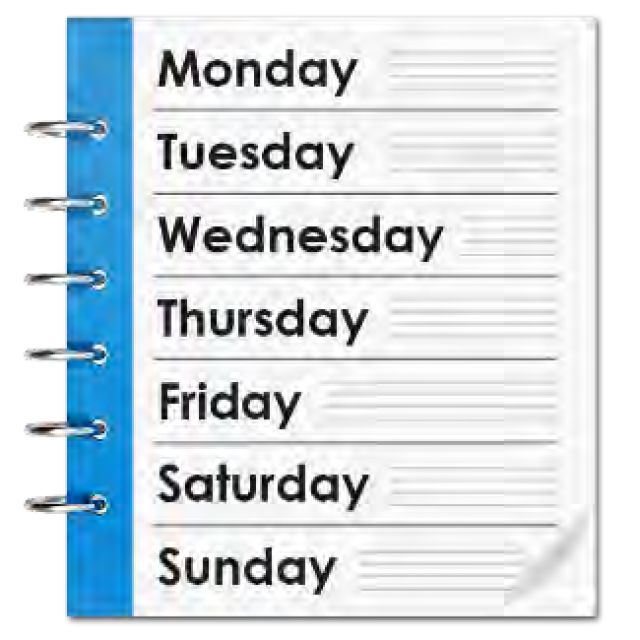
Some jobs allow you to work more than 16 hours per week.

These jobs include:
• Carers
• Volunteers
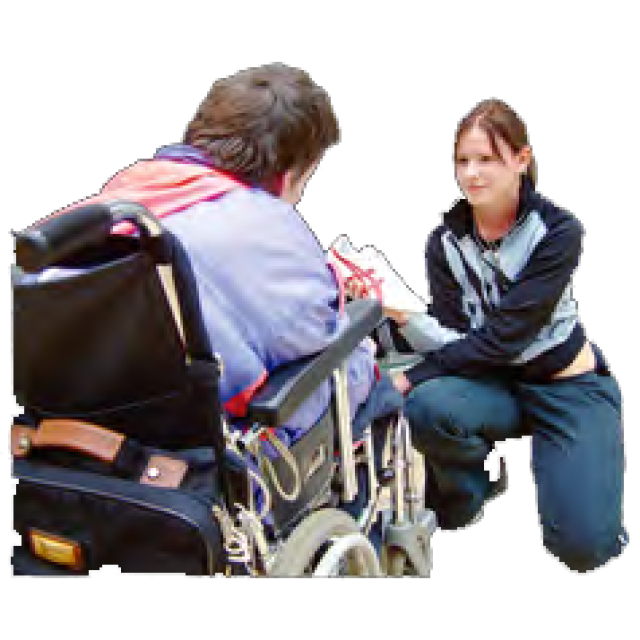
• People on certain training schemes
• Disabled people with low earnings due to disability
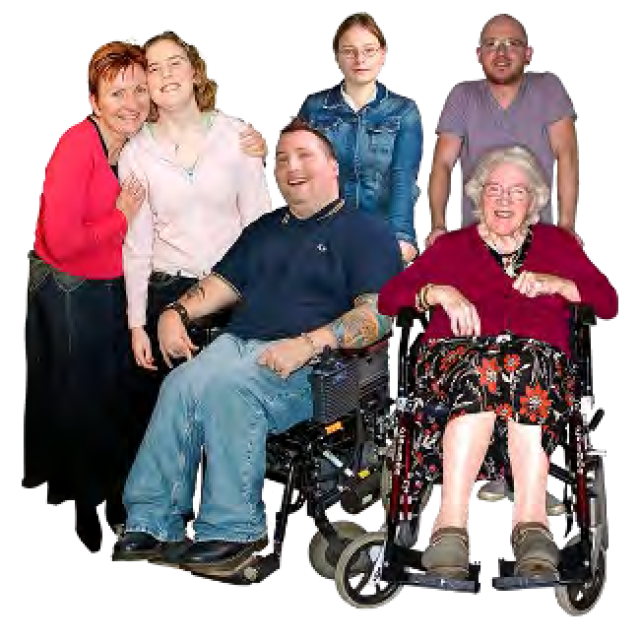
• People living in residential care or a nursing home
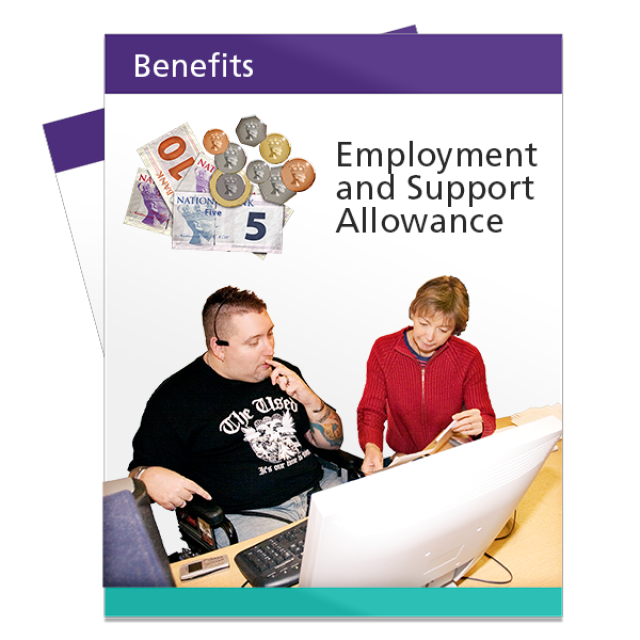
You can still work and claim Employment and Support Allowance as long as you:
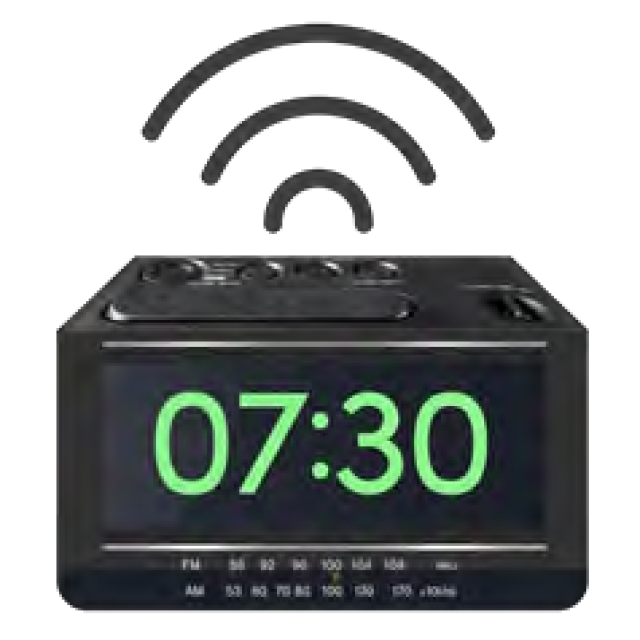
• Work less than 16 hours a week
• Do not earn more than £143 a week
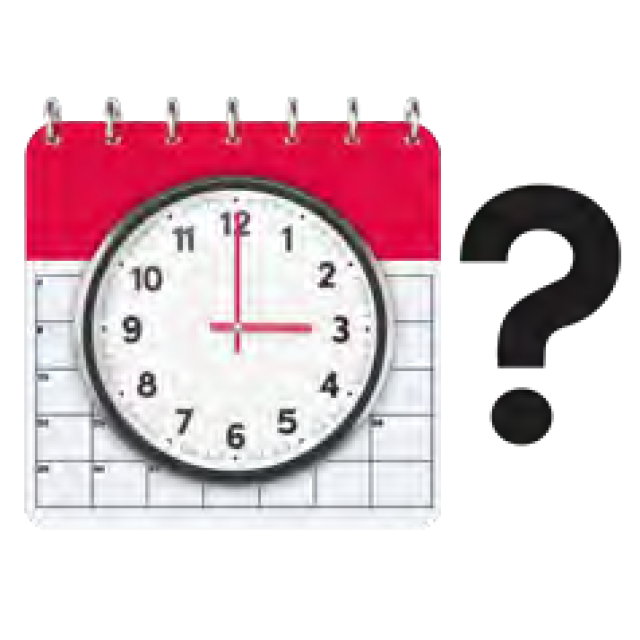
You can work over 16 hours a week if the role is voluntary.

You can also work more than 16 hours a week if the role is:

• Part of treatment program with medical supervision

• Managed by a local council or voluntary organisation that arranges work for people with disabilities
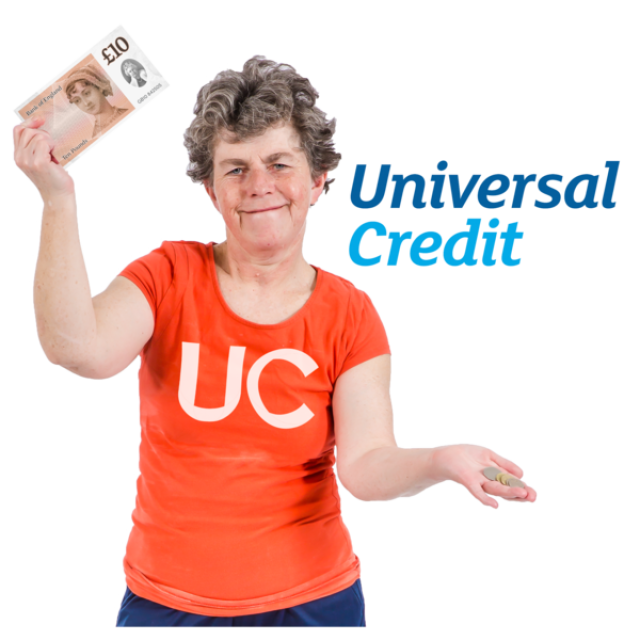
How much Universal Credit you receive will depend on how much you earn at work.

Universal Credit is paid to people in or out of work.
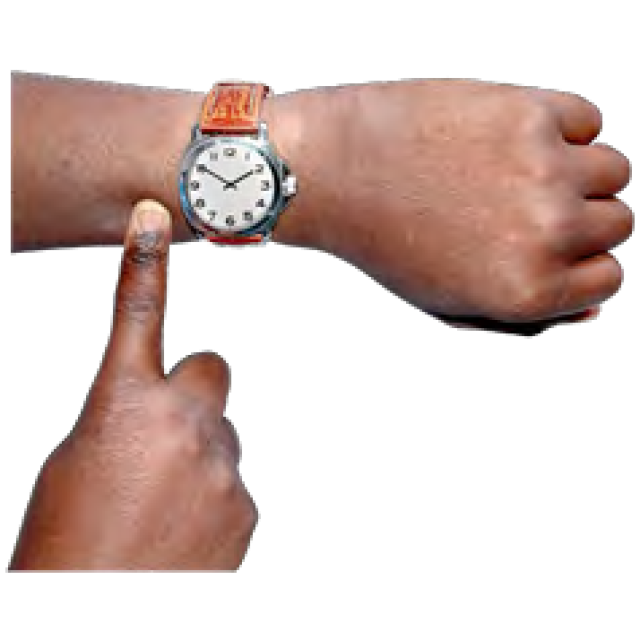
You can work any number of hours and still receive Universal Credit.

Your payment will reduce as you earn more.
For every £1 you earn, your payment reduces by 63p.

You can earn a certain amount before your Universal Credit is reduced if:

• You are responsible for a child or young person
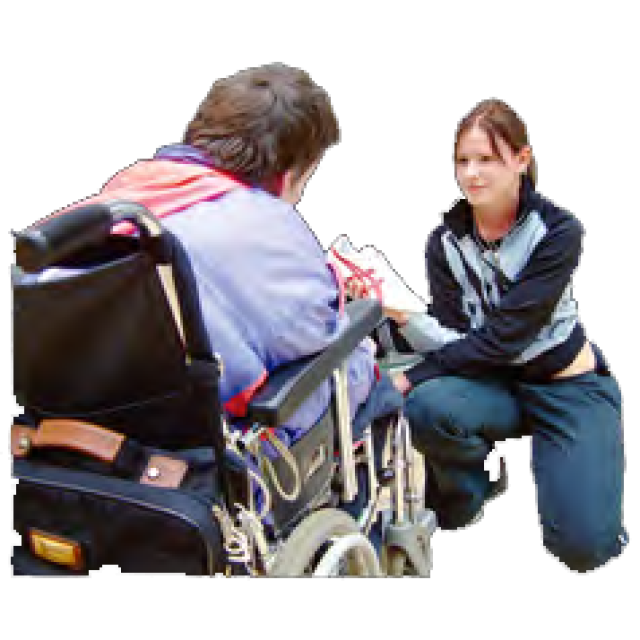
• You are living with a disability or health condition that affects your ability to work

This is called a work allowance.

Your work allowance will be £293 if you get help with housing costs.

Your work allowance will be £515 if you do not get help with housing costs.

For more easy read guides on work and benefits, visit Mencap at:
www.mencap.org.uk/advice-andsupport/benefits/money-and-benefits


